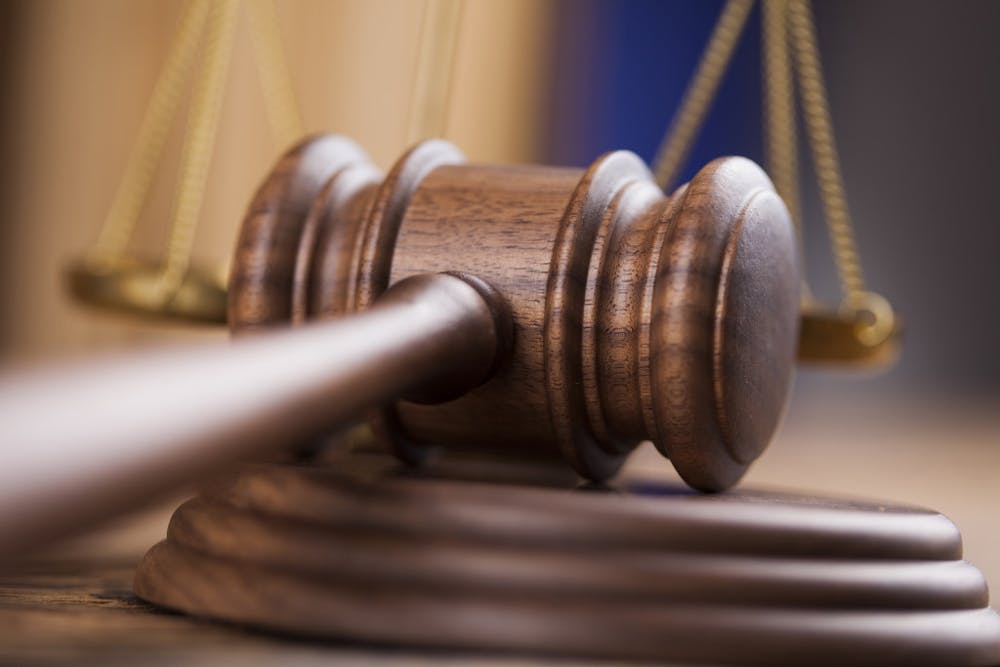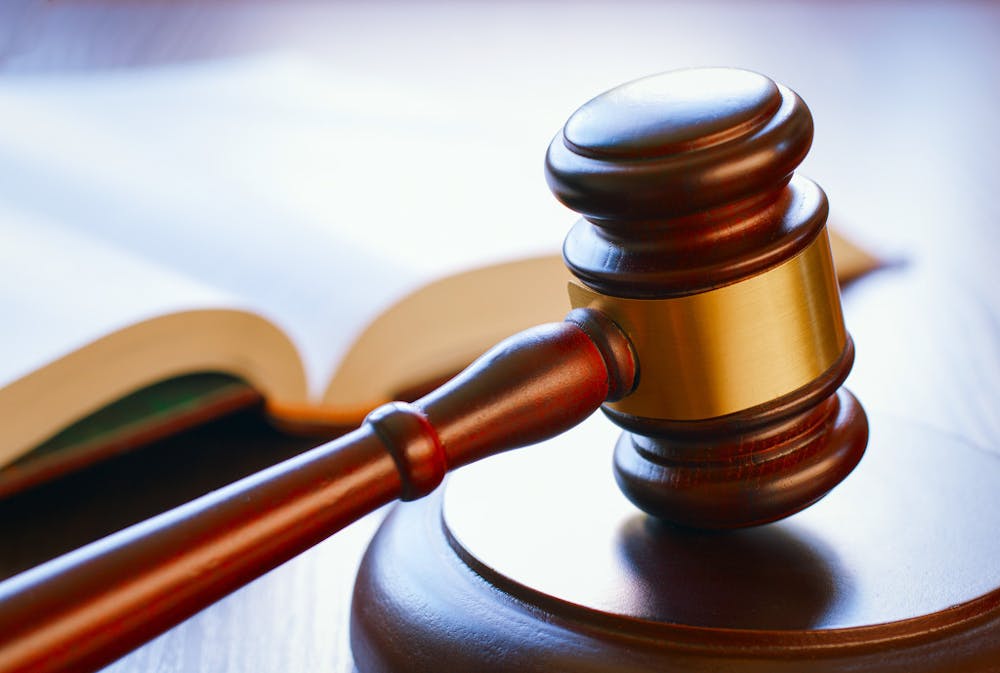Clients who have been convicted or are facing criminal charges frequently ask about their record. People want to know what will show up on their “record” and how they can clean it up. They assume there is a file in some government agency that lists their life’s accomplishments and failures. I like to imagine my file includes things like best milk drinker in nursery school, first grade detention, student of the month in 1988, a speeding ticket in 1991… The reality is that we have two records; the first is what people searching public databases can learn about you (this is typically the most important one to clients), and the second is what a government agency can find on their database about you (this is the one that can affect your life the most).
If we accept the definitions of record as listed above, it’s easier to understand what you can do to clean it up. Those who have been arrested, charged, or convicted of a crime have both types of records. Anyone with the time, resources, and energy, who wants to find out more about you, can do so. If you are arrested, your name gets put into a law enforcement data base. There is not much any lawyer can do to disguise this record. On the bright side, employers cannot access arrest records without a great deal of effort and money. If the District Attorney files a case based on your arrest, you have a record the public can access. Once again, there is little any lawyer can do to hide this because it’s a court record. A criminal conviction is also a court record and can be easily accessed.
In most cases, arrests, charges, and convictions cannot be hidden from the public. It is difficult and often impossible to erase your record. It’s like trying to erase history. However, one can do things to lessen the effect of the record on things like occupation and credit score. California post-conviction relief options (reprieve for convicted criminals after court judgment) includes reducing a felony conviction to a misdemeanor, early termination of probation, expungement (or removal) of a conviction, and the sealing and destroying of records. There are two more types of post-conviction relief (a Certificate of Rehabilitation and a Governor’s Pardon), but these will not be addressed.

Reduction of a Felony Conviction to a Misdemeanor Conviction
It’s hard to be a convicted felon. You may find it difficult to gain or maintain a job, obtain a loan, or gain admission into school. State licensing boards may refuse to certify you and you won’t be able to possess or use a firearm. In addition, a felony conviction can affect your ability to travel outside of the United States or obtain United States citizenship. If you get your felony conviction reduced to a misdemeanor, you can tell potential employers that you have never been convicted of a felony. You can also obtain and maintain most professional licenses and you may be able to restore your gun rights.
The California Penal Code establishes two requirements for reducing a felony conviction to a misdemeanor:
(1) the charged offense must be a wobbler (an offense that can be charged and punished as either a felony or a misdemeanor); and
(2) you must have received and completed probation. If the court denied you probation or you violated probation and you were sentenced to prison, you won’t be able to reduce your felony conviction.
However, if you only served time in a jail, you can still reduce your felony conviction. If you are still on probation, you may still be able to reduce your felony by requesting the judge terminate probation early.
Early Termination of Probation
Probation is included in the conviction sentence in almost all misdemeanor crimes and some felonies. Reducing a felony conviction to a misdemeanor or receiving an expungement is usually not an option if you have not completed probation. However, the California Penal Code will allow a judge to terminate probation early if you have successfully completed certain terms of your probation. This includes no new arrests, demonstrated remorse, paid all fines and fees, paid victim restitution, have completed required classes and court-ordered requirements, and you can present circumstances that justify early termination. Common circumstances that justify early probation termination include probation preventing people from obtaining employment, receiving a promotion, traveling for work, maintaining family relations, or qualifying for a loan. In general, judges require you to complete at least one half of your probation to consider early termination.
Expungement
You may be able to obtain an expungement if you are no longer on probation, are not currently charged with, on probation for, or serving a sentence for another criminal offense. An expungement allows the court to reopen your criminal case, set aside the conviction, enter a plea of not guilty, and dismiss your case. Once a conviction is expunged, it becomes an arrest that did not end in conviction.
There are many benefits to an expungement. Perhaps the most significant is its impact on employment. Under California Labor Code, employers cannot ask about arrests that did not end in conviction or about any drug diversion programs. After you have obtained an expungement, you can legally answer “no” to questions about felony or misdemeanor convictions. In addition, if an employer is aware of your arrest or drug diversion program, they cannot use this information to make hiring, promoting, or firing decisions. Other expungement benefits include the ability to obtain certain professional licenses and possibly avoid deportation.
If you were sentenced to prison, either at the time of judgment or because of a probation violation, and were convicted of one of many child sex offenses, you do not qualify for an expungement.

Sealing and Destroying of Arrest Records
Even if you were arrested and charges were never filed or you received an expungement, a record of arrest will continue to appear on criminal background checks. The Penal Code gives judges the discretion to grant a petition to seal and destroy your arrest records upon a finding that you were factually innocent. This means there was no reasonable cause to arrest you. If your arrest records are sealed and destroyed, you can state that you were never arrested.
In California juvenile court, sealing records provides you with the same benefits. You qualify for sealing and destroying records if you are currently an adult or if the jurisdiction of the juvenile court ended at least five years ago. Other qualifications include no convictions as an adult for crimes involving dishonesty or immoral behavior and no pending civil litigation based on the juvenile incident. Once the judge grants your motion to seal and destroy your adult or juvenile records, your record is ordered sealed for 3 years and destroyed thereafter. This is a factually limited relief, meaning you must prove factual innocence to have your record sealed.


